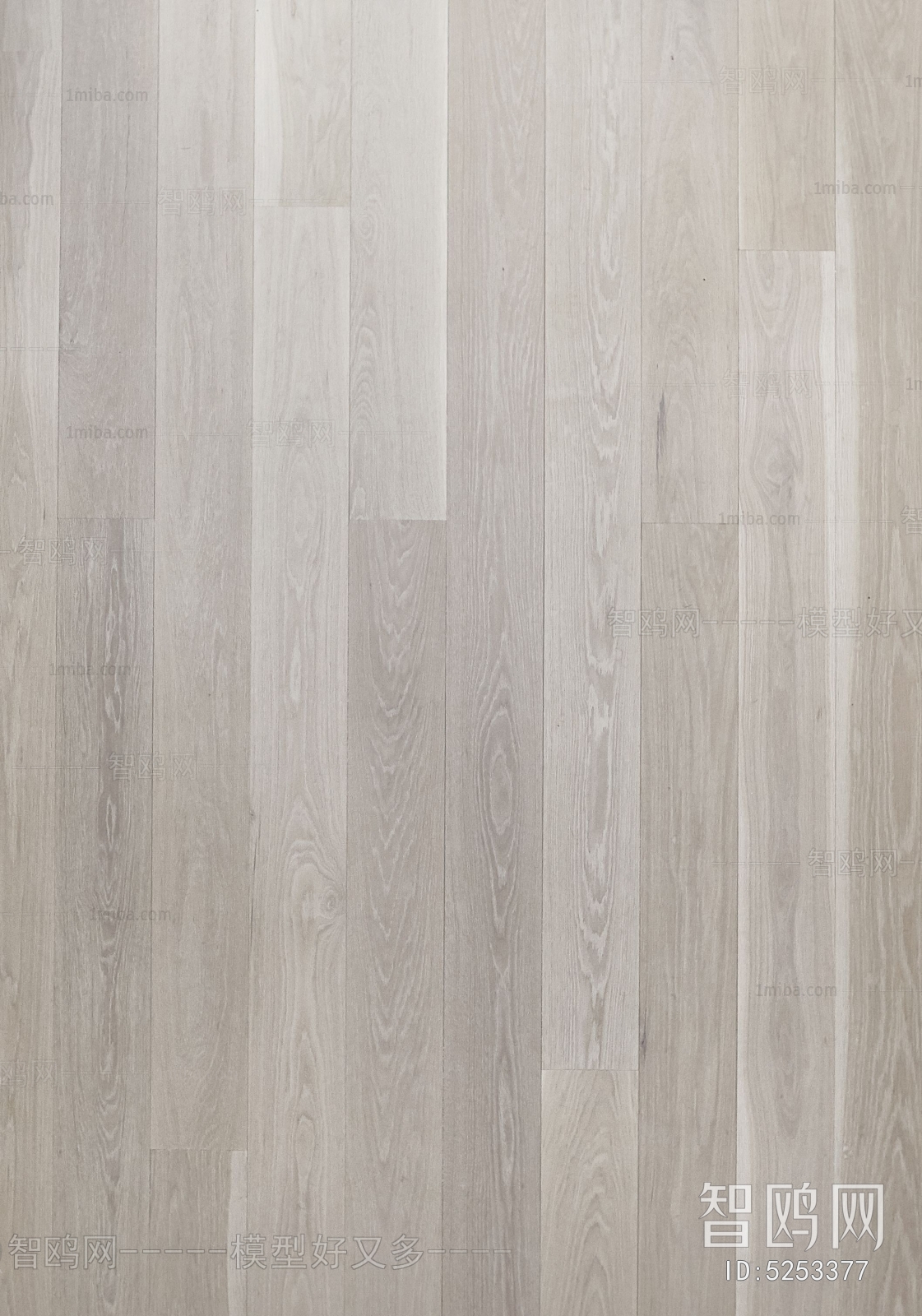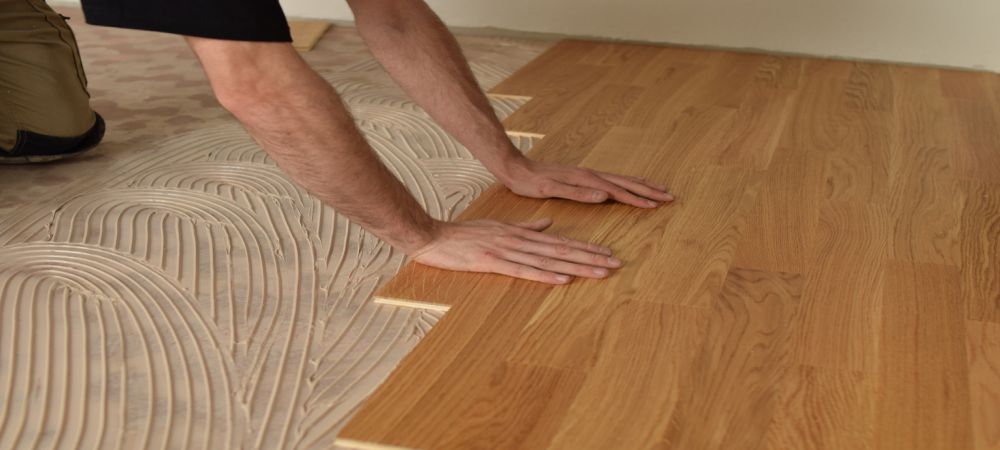Imagine stepping into your home, the warm glow of the afternoon sun filtering through your windows, illuminating the rich, natural beauty of gleaming white oak hardwood floors. The feeling underfoot is a symphony of solidity and comfort, a reminder of the enduring quality and timeless elegance you’ve infused into your space. It’s a feeling that transforms your house into a home, a haven of warmth and sophistication. But the journey to achieving this dream comes with a question that often arises: How much will installing white oak hardwood floors cost? This article aims to demystify the cost of white oak flooring and empower you with the knowledge needed to confidently embark on this transformative project.

Image: 1miba.com
Installing white oak hardwood floors is an investment in both your home’s aesthetic and its value. And while the price tag might seem daunting at first glance, understanding the factors that influence cost can help you make informed decisions that align with your budget and vision. Let’s dive into the details of what shapes the cost of white oak flooring installation, so you can confidently navigate the process and achieve the home of your dreams.
Deciphering the Cost: Understanding the Variables
The cost of installing white oak hardwood floors isn’t a one-size-fits-all figure. It’s influenced by a range of variables, each playing a significant role in determining the final price. Let’s explore these factors in depth:
1. The Price of White Oak Hardwood Flooring:
The cost of white oak flooring itself is a primary driver of the overall project cost. Factors like quality, grade, and thickness, as well as the style of planking (e.g., engineered vs. solid) impact the price per square foot.
- Grade: White oak lumber comes in various grades, categorized by its knots, color variation, and overall appearance. Higher grades, like Select and Clear, tend to be more expensive due to their consistent color and minimal flaws. Lower grades, like Rustic and Character, may have more knots and color variations, offering a more rustic aesthetic at a lower price.
- Thickness: Solid hardwood flooring typically comes in 3/4-inch and 5/16-inch thicknesses. Thicker planks offer more durability and can be refinished multiple times, but they come at a higher cost. Engineered hardwood, typically ranging from 3/8-inch to 1/2-inch thick, offers similar aesthetics and durability at a generally lower price point, making it a suitable option for areas with varying subfloors or moisture concerns.
- Plank Width: Plank width can also influence cost. Wider planks, although visually appealing, often contribute to a higher price per square foot.
2. The Cost of Labor:
Labor costs represent another substantial component of the overall project expense. Factors like the complexity of the installation, the size of the area being covered, and the availability of skilled labor in your region can all impact labor costs.
- Complexity of Installation: Installations that involve intricate patterns, custom transitions, or the integration of different flooring types (e.g., tile or carpet) can increase labor costs due to the increased skill and time required.
- Size of the Project: Larger projects, naturally, require more time and manpower, leading to higher labor costs. Conversely, smaller areas may see slightly lower labor rates due to economies of scale.
- Regional Labor Rates: Labor costs vary considerably across geographic locations. Areas with high demand for skilled labor may have higher labor rates compared to regions with lower demand.

Image: lvflooring.ca
3. Additional Costs:
In addition to the base costs of flooring material and labor, various other factors contribute to the overall project cost. These include:
- Subfloor Preparation: The condition of your existing subfloor directly impacts installation cost. If it requires extensive repairs, leveling, or reinforcement, these costs can be added to the project price.
- Installation Accessories: Items like underlayment, moldings, transition strips, and door jambs can be purchased individually or as part of a package. These costs can vary depending on the materials used and the complexity of the design.
- Finishing Costs: Staining, sealing, or finishing options, like oil or polyurethane, add to the overall cost. The choice of finish depends on your desired aesthetic and the level of protection you need for your floors.
- Permits and Inspections: Depending on your local regulations, obtaining permits and having your installation inspected may be necessary. This can add a small but essential financial element to the project.
Choosing the Right Hardwood Flooring for Your Budget
With a better understanding of the factors influencing the cost of installing white oak hardwood floors, you can now make informed decisions that align with your budget and your vision. Here are some strategies to navigate the cost landscape and find the perfect balance:
- Consider Engineered Hardwood Flooring: While solid hardwood offers timeless elegance and refinishing potential, engineered hardwood often presents a more affordable option with similar aesthetics and durability. Engineered hardwood also provides greater flexibility in installation, working well in areas with varying subfloor types.
- Explore Different Finishes and Styles: A wide range of finishes, such as oil-based or water-based polyurethanes, are available. Choosing a satin or matte finish can often be more budget-friendly than a high-gloss finish. Consider opting for a simpler installation pattern, like straight-lay or herringbone, to lower labor costs.
- Get Multiple Quotes: Contact multiple flooring retailers and contractors for quotes. Compare pricing, explore different installation options, and inquire about potential discounts or promotions.
- Embrace DIY: If you possess carpentry skills and have the time and energy, considering a DIY installation can significantly lower the overall cost. However, it is crucial to research and understand proper installation techniques and safety precautions before embarking on a DIY project.
Expert Insights and Actionable Advice
For those seeking expert guidance on this journey, seeking advice from experienced flooring professionals can be invaluable. These experts can provide valuable insights into:
- Choosing the Right Flooring for Your Needs: Flooring professionals can help determine the best type of hardwood flooring for your home, considering factors like traffic levels, environmental conditions, and desired aesthetics.
- Understanding Installation Techniques: They can explain various installation methods, such as nail-down, glue-down, or floating, and help you decide which best fits your specific project needs.
- Estimating Overall Costs: Based on your chosen flooring material, style, and area, flooring experts can provide a detailed estimate of the overall project cost, helping you budget accurately.
Cost To Install White Oak Hardwood Floors
Embracing the Beauty of White Oak Flooring
Installing white oak hardwood floors is an investment in your home’s beauty, value, and your own well-being. By understanding the factors influencing installation costs, exploring various options, and seeking expert advice, you can navigate this journey with clarity and confidence. Let the rich, natural elegance of white oak inspire your imagination, shaping a living space that reflects your unique taste and sets the stage for cherished memories to unfold.

:max_bytes(150000):strip_icc()/OrangeGloEverydayHardwoodFloorCleaner22oz-5a95a4dd04d1cf0037cbd59c.jpeg?w=740&resize=740,414&ssl=1)




